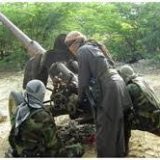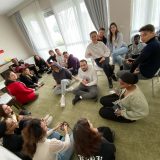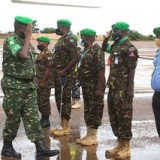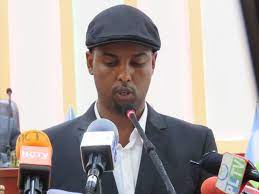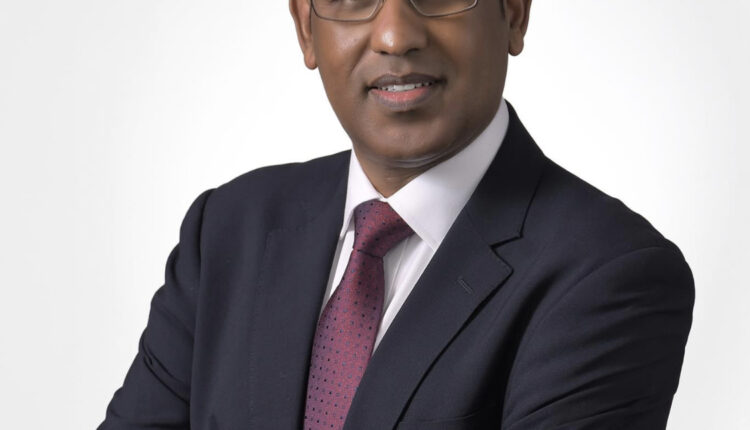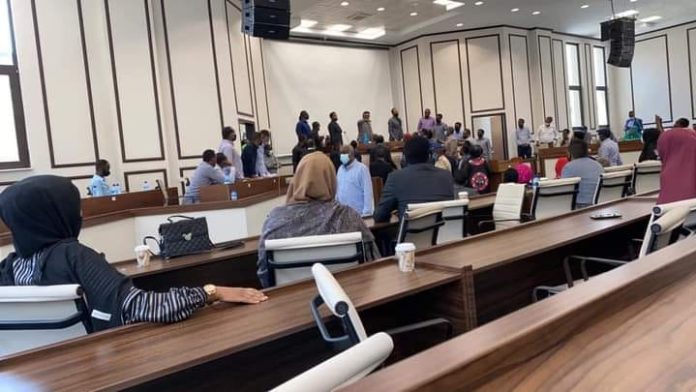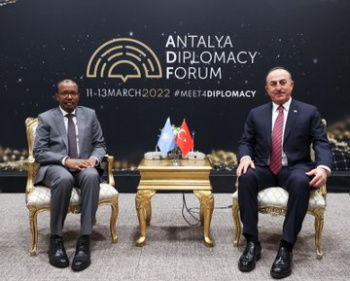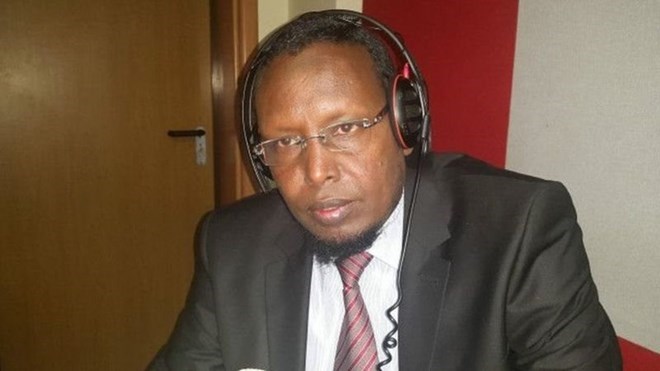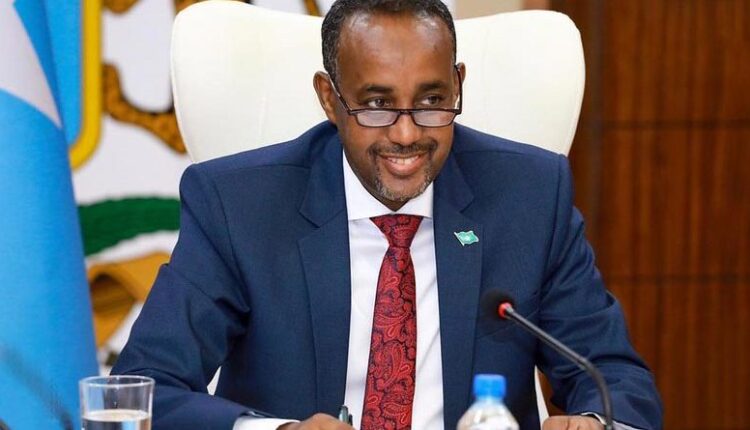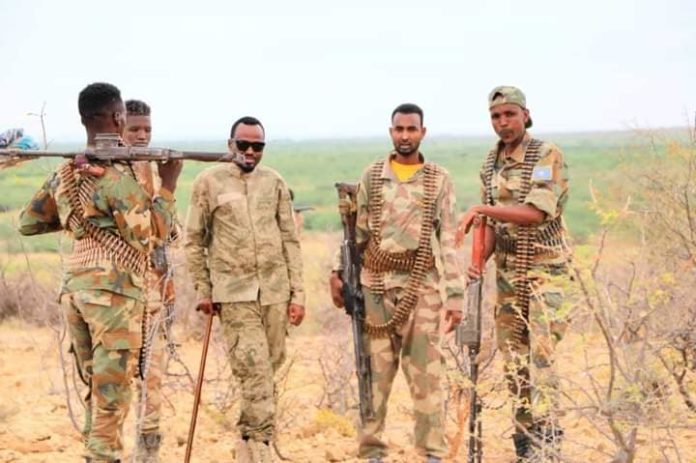Gunmen storm Paris satirical newspaper, killing at least 12
By Brian Murphy
Wednesday, January 7, 2015
Masked gunmen opened fire Wednesday in the offices of a satirical newspaper in Paris that had faced previous threats for Muslim-related cartoons, killing at least 12 people before escaping in what France’s president described as a terrorist attack.
French officials immediately raised the country’s terrorism alert to its highest level and launched a massive manhunt for the suspected assailants who stormed the newspaper Charlie Hebdo — where the Arabic cry of “Allahu Akbar” could be heard amid the gunfire, according to video posted by France’s state-run broadcaster.
France’s top security official said three gunmen carried out the shootings — the country’s bloodiest terrorist attack in nearly two decades.
Across Paris, meanwhile, security was stepped up at media outlets, transportation hubs and other key sites. The attack also is likely to raise calls for tougher crackdowns on suspected extremists.
French President Francois Hollande called the shootings a “terrorist attack without a doubt,” but authorities had no immediate comment on possible suspects or motives.
“Journalists and police officers have been cowardly assassinated . . . France is in a state of shock after this terrorist attack,” Hollande said after visiting the scene.
The weekly had drawn repeated threats for its caricatures of the Prophet Muhammed and other sketches and articles on Muslim figures.
Just hours before the attack, the magazine on its Twitter account posted a cartoon entitled “Still No Attacks in France” depicting Islamic State leader Abu Bakr al-Baghdadi giving a New Year’s greeting.
“Just wait,” the drawing shows a fighter saying. “We have until the end of January to present our New Year’s wishes.”
The cover of the newspaper’s latest edition also notes the release of a book, “Submission,” a fictional account of France led by an Islamic party that imposes strict codes such as banning women from the workplace.
In his end-of-year address last week, Hollande raised concerns about “rising, worrying threats” of terrorism and growing intolerance in France, which is home to Europe’s largest Muslim population.
Top government officials, meanwhile, planned an emergency meeting. Hollande said that several other terror attacks have been thwarted “in recent weeks,” but gave no further details.
Paris prosecutor’s spokeswoman Agnes Thibault-Lecuivre, said 12 people were killed, the Associated Press reported. At least 20 others were injured, including four listed in critical condition, police said.
Matthieu Lamarre, a spokesman for the Paris mayor’s office, said most of the dead were from the newspaper staff. At least one victim is a police officer, he said.
There was no immediate claim on responsibility, but messages of praise appeared on Web sites and other online forums linked to Islamist militants, said the Washington-based SITE monitoring group, which tracks extremist posts.
The attack occurred just hours after the newspaper’s latest edition hit newsstands. Other witnesses described at least two hooded gunmen entering the offices.
Video carried by France 24 showed people scrambling onto a rain-slicked roof during the attack, the deadliest in France since 1995 when a string of bombings over several months were blamed on an Algerian rebel group. A total of eight people were killed in the attacks.
In 2011, the Charlie Hebdo offices were firebombed in apparent response to a cover cartoon of the Prophet Muhammad, which it described as a “guest editor.” The fire caused no injuries, but caused significant damage to the offices.
The newspaper published other Muhammad caricatures that draw denunciations around the Islamic world.
Charlie Hebdo — whose name purportedly borrows from Charlie Brown of the “Peanuts” cartoon strip — began publication in 1992 with staff member reunited from a previous satirical publication that closed in the early 1980s.
It has lampooned a range of subjects, including popes, presidents, entertainers and others in addition to occasional pieces of serious journalism such as investigative stories. One cover depicted an Orthodox Jew kissing a Nazi soldier; another showed former Pope Benedict XVI dancing with a member of the Swiss Guard.
But its irreverent treatment of Islamic subjects has brought the harshest response.
“Muhammad isn’t sacred to me,” Chief editor Stephane Charbonnier, who publishes under the pen name “Charb,” told the AP in 2012. “I don’t blame Muslims for not laughing at our drawings. I live under French law. I don’t live under Quranic law.”
In Washington, President Obama denounced the “horrific” shooting and said U.S. officials were ready to provide any assistance to help “bring these terrorists to justice.”
British Prime Minister David Cameron called the attack “sickening.”
NATO Secretary General Jens Stolenberg condemned the attack and expressed solidarity with France.
“This was a barbaric act and an outrageous attack on press freedom,” he said in a statement from NATO headquarters in Brussels.
Griff Witte and Karla Adam in London and Katie Zezima in Washington contributed to this report.
Brian Murphy joined the Post after more than 20 years as a foreign correspondent and bureau chief for the Associated Press in Europe and the Middle East. He has reported from more than 50 countries and has written three books.


